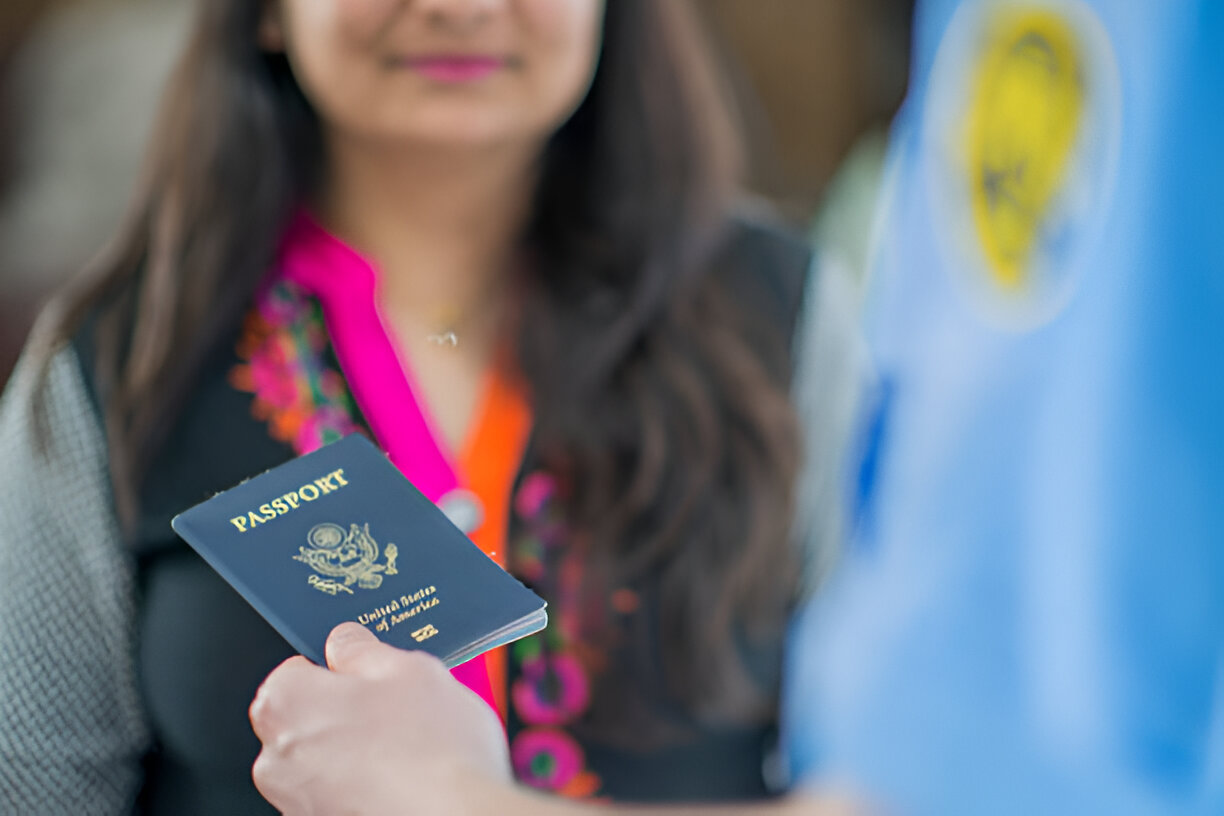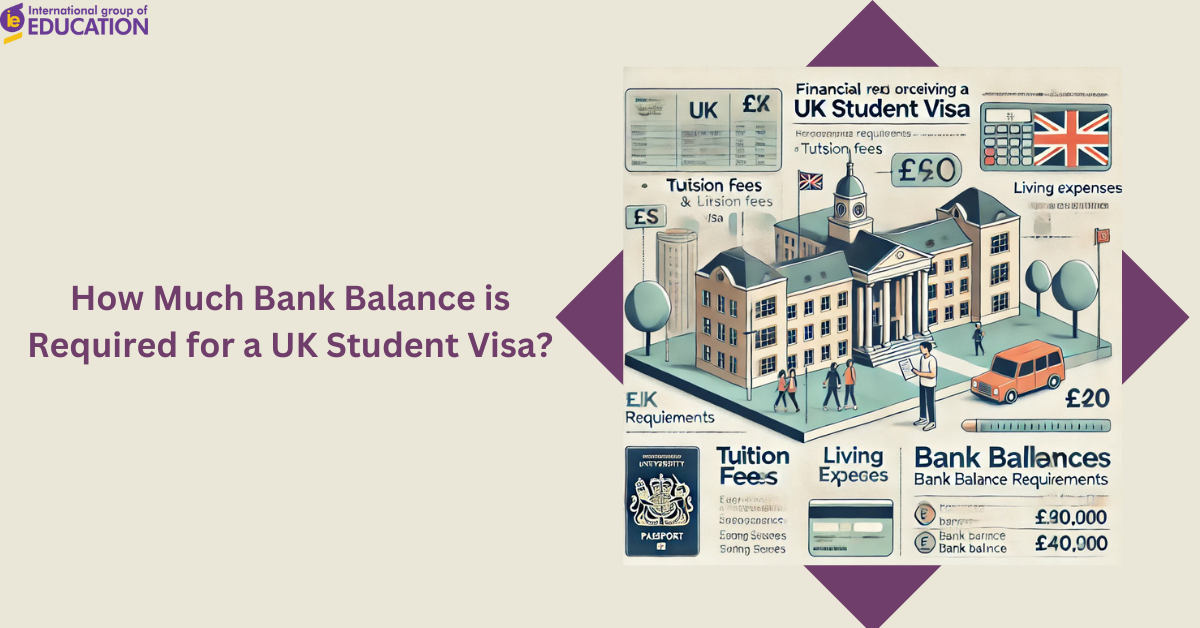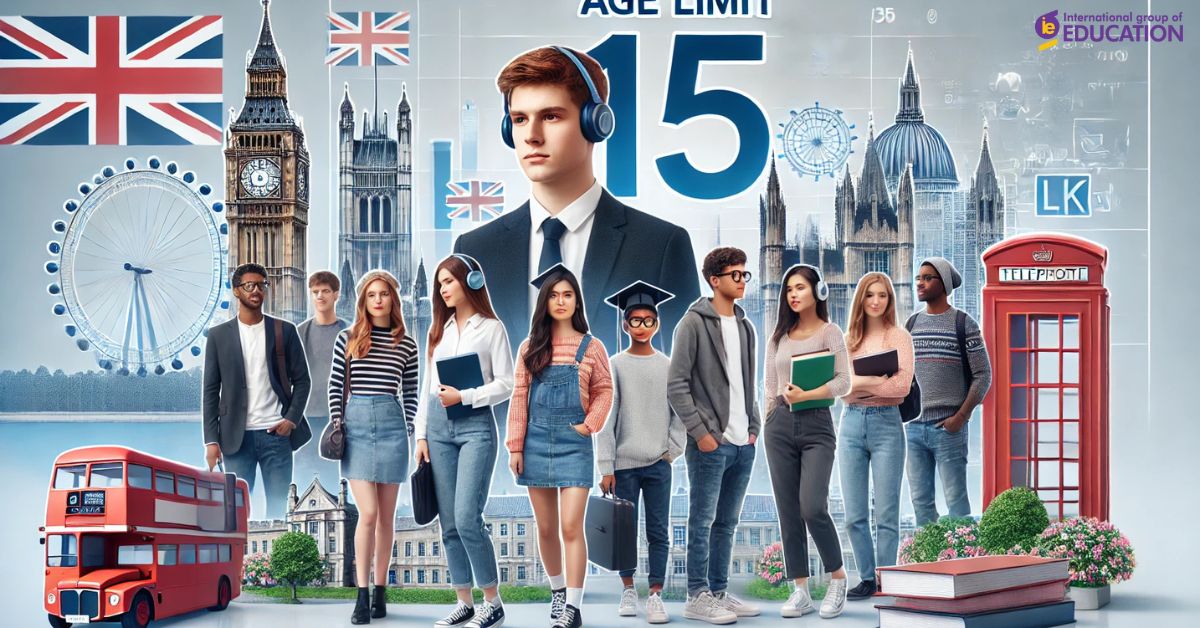Studying abroad means going through different trials and processes with a risk of being rejected. Most of the students aspiring to study in Canada can not land a student visa due to the popularity of the country among students thus making it difficult to enter. The volume of applications for study in Canada is increasing every year hence leading to stricter measures by the government to manage the influx.
According to IRCC (Immigration, Refugees, Citizens Canada), the number of international students holding a Canadian student visa was 642,000 as of 31 December 2019. This number marks an increase each year. As per CIC, each year an average of 30% of the total student visa applications for Canada are rejected. Most of these rejections are based on some of the common reasons. For the initial five months of 2019, a steep rise in the Canadian students visa rejection rate has been observed. Of every 10 students, 4 applications for Candian student visas were rejected (2019) accounting for around 39% of the total applications.
Some of the common reasons for Canadian Student Visa rejection are:
- Doubtful Letter of Acceptance:
The foremost requirement for a Canadian Student Visa is a letter of acceptance from a Canadian DLI. It is also important to meet the minimum requirements of a given institution along with the letter of acceptance. If the Visa officer has even the slightest doubts about either of the two, it is highly likely for the visa to get rejected.
To save yourself from these unfortunate circumstances it is better to double-check that the institution from which you are getting the letter of acceptance is registered. Also, provide the documents proving that you meet the minimum requirements of the given institution. You can also attach additional documents.
- Financial Insufficiency:
You have to provide a bank statement to prove you can support yourself. The Canadian student visa application may be rejected if the immigration officer suspects financial insufficiency.
It is suggested to work on the cost of studying and living in Canada beforehand and plan ahead of your expenses to cover your grounds.
- Non-alignment of the chosen program with candidates academic background:
The choice of a program can also prove to be a deciding factor in your visa process. If the chosen program doesn’t align with the candidates’ educational background, the visa application is straight away rejected.
Students can avoid this problem by providing a personal statement for the choice of the program. Those students whose educational background aligns with their choice of the program also need to provide a detailed education history or work history that can be attached along with the applications.
- Low IELTS/ TOEFL score:
The study permit in Canada is denied most often because of the low score in a standardized English language test. Applicants must ensure that the minimum score requirements for the specific program are met to ensure that the study permit is not denied.
- Dubious Intent Of Returning Home Country:
The study visa is a temporary visa and has an expiry date. The applicant must assure that after completing the study they will move back to their home country rather than extending their stay. It doesn’t mean the applicant cannot extend their study visa or obtain a PR but it is important to provide documents suggesting the intent of return. You can provide the intent in a detailed personal statement or share a dual intent statement.
If you are a student trying for a study visa for Canada from Pakistan, Igeoverseas can take you through the process making it easier for you to avoid the common mistakes and gets your visa approved.






